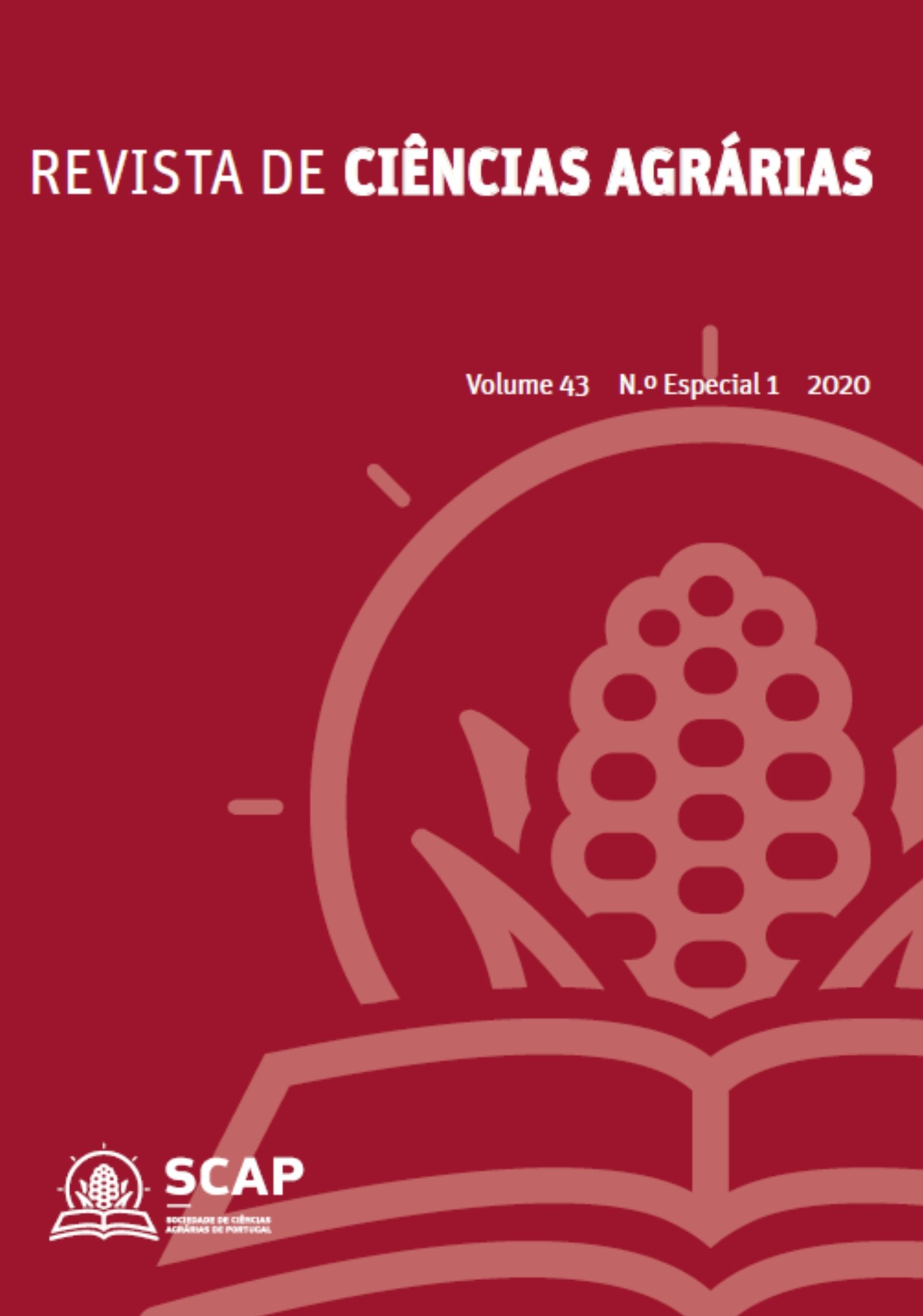Diagnóstico do desperdício alimentar num restaurante universitário
O Caso do refeitório da ESALQ-USP Brasil
DOI:
https://doi.org/10.19084/rca.19040Abstract
According to the FAO about 30% of the annual food production is lost or wasted along agri-food chains. Food service wastes between 9 and 20% of this volume. Universities dining halls serve thousands of meals daily and have losses and wastage due to poor management, dining hall environment and patrons’ behaviour. Using a mix methods approach this preliminary study aims to understand what are the main determinants of waste as well as the patrons’ attitudes to and perception of waste. The questionnaires applied to users allow us to conclude that patron values attitudes to waste, food quality and quantity served are main determinants factors of waste. It was also possible to establish that the end of the year semesters and menus based on animal protein led to high levels of food waste at ESALQ dining halls.


